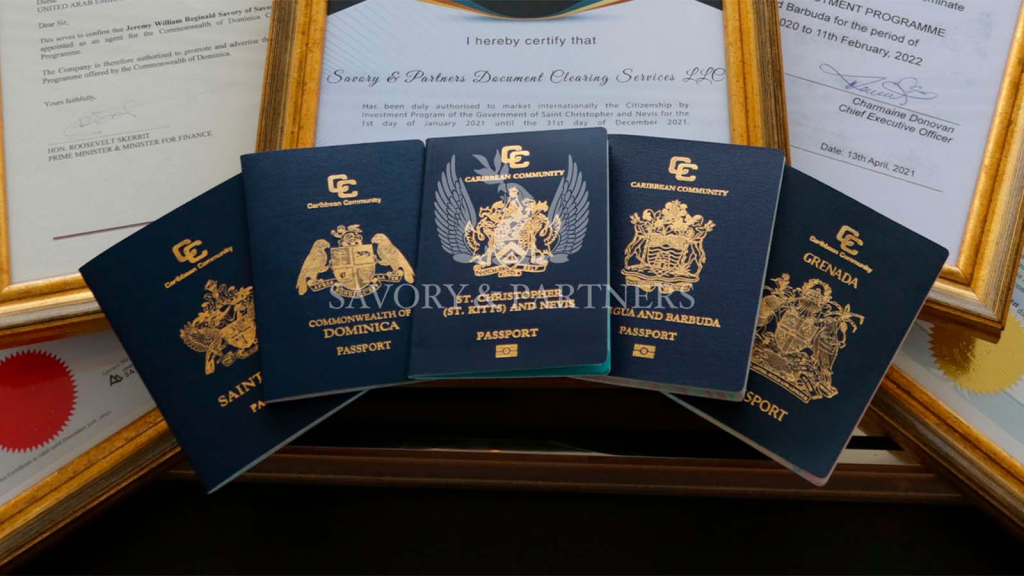Navigating Nationality: Citizenship by Investment in the 21st Century
Citizenship by investment (CBI) has surfaced as a distinctive and progressive notion which allows persons to get a brand new nationality by building a substantial financial expense in a number country. That exercise has received recognition as an ideal pathway for anyone seeking to develop their global flexibility, accessibility enhanced opportunities, or secure a Strategy T for various particular or business reasons. As the specifics may vary in one program to a different, the basic theory stays regular: investors donate to the financial progress of a nation in trade for the opportunity of citizenship.
Among the principal motivations behind citizenship by investment could be the desire for improved international mobility. Holders of an additional passport purchased through CBI programs enjoy the benefits of visa-free or visa-on-arrival use of a wide array of countries. This newfound mobility is specially attracting organization specialists, repeated people, and these seeking to broaden their horizons by exploring new possibilities on a global scale.
Citizenship by investment applications usually offer a selection of investment options, enabling persons to choose a pathway that aligns making use of their financial capacity and objectives. Common expense paths include creating a direct contribution to a national progress fund, purchasing real-estate projects, launching a business opportunity, or adding to work creation initiatives. This flexibility suits a diverse pool of investors with different choices and economic portfolios.
These applications are often seen as a proper software for getting foreign primary expense (FDI) and stimulating economic development in number countries. The resources developed through citizenship by expense donate to infrastructure progress, community services, and other vital aspects of a nation’s economy. This symbiotic relationship benefits the investor, who gains citizenship rights, and the number place, which receives a boost in financial vitality.
Despite the numerous benefits, citizenship by investment isn’t without controversy. Authorities disagree so it commodifies citizenship, potentially undermining the idea of nationality as a reflection of discussed identification and popular values. Moreover, considerations about the possible misuse of this avenue for the money laundering and other illicit actions have motivated regulatory scrutiny, leading several places to apply stringent due persistence techniques to guarantee the reliability of the CBI programs.
The honest implications of citizenship by expense are a topic of constant debate. Some notice as a legitimate means for people to access options and increase their quality of life, while others contend that it makes a tiered system wherever citizenship is given centered on economic capacity as opposed to intrinsic features or commitments to the number country. Striking a balance between getting foreign expense and preserving the sanctity of citizenship stays difficult for nations offering CBI programs.
Investors engaging in citizenship by investment often contemplate factors beyond economic gains. The appeal of a protected and secure political environment, favorable duty regimes, and the possibility of potential results on investment are essential considerations. Some CBI Second Citizenship also offer a feeling of safety, giving a lifeline for individuals residing in parts noted by geopolitical uncertainty or instability.

Because the landscape of worldwide citizenship evolves, citizenship by investment is likely to continue playing a prominent role. The interaction between financial criteria, geopolitical dynamics, and the ethical proportions of nationality raises complex questions which will form the future of this practice. For investors, navigating the complexities of CBI applications involves careful consideration of individual conditions, long-term goals, and the changing regulatory landscape in order to produce knowledgeable and responsible decisions.